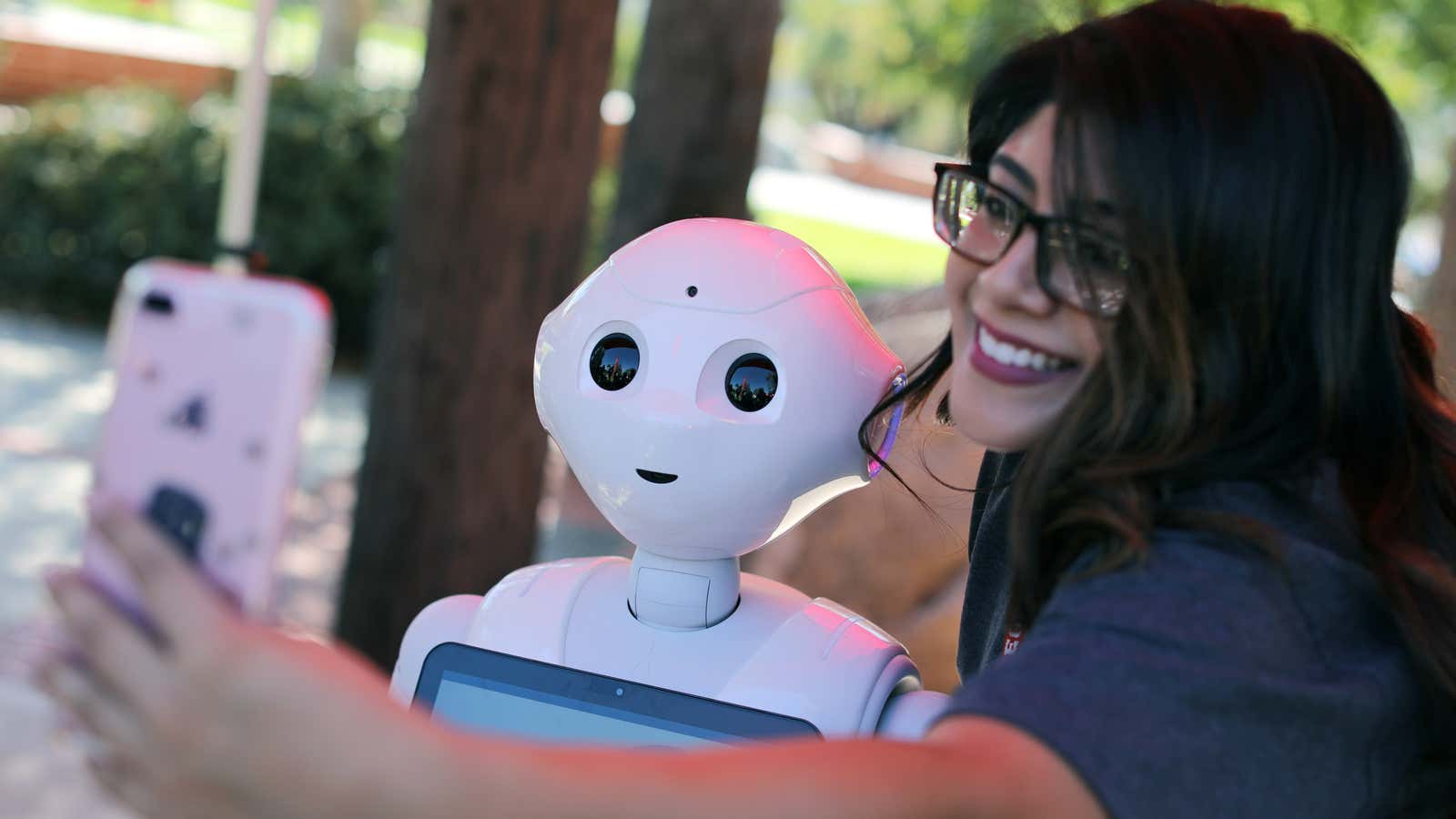Research analysts are the most likely employees on Wall Street to find themselves working with—or being replaced by—robots, according to a survey by Greenwich Associates. By next year, some 75% of banks and financial firms will either explore or implement artificial intelligence technologies, harnessing a variety of digital services to extract insights from mountains of data.
While AI is probably near the peak of its hype cycle, several factors have helped it gain traction in recent years, according to Greenwich. Billions of images and documents are now available online for training computers to spot patterns and other high-level tasks. Advances in graphical processing units, which are adept at the kind of data crunching required by AI, are making sifting through daunting datasets much easier. The cloud has also made it cheaper for researchers and startups to boost their computing power to service sophisticated AI-enabled systems.
AI makes sense for financial research, as machines can crunch reams of data more quickly than human analysts and, with the right data, identify obscure correlations and patterns. Natural language processing (paywall), for example, can help analysts sort through vast amounts of news (or other analysts’ reports). Fintech companies, like Kensho and Accern, are developing more services for research analysis than any other area of financial services, according to Greenwich, which surveyed 100 finance executives based in the US, Canada, Australia, and UK.
AI allows banks to offer services that would otherwise have been too expensive, according to Greenwich. With the same staff, analysts can leverage machine learning and language processing to provide research coverage on a wider range of securities, for example.
So will AI put bankers out of work? Some people think these advances will boost productivity, enabling industries to actually increase the number of jobs. Others are less optimistic, noting that workers replaced by AI may not be able to easily shift their responsibilities or move into higher-skilled roles. Based on the firm’s survey, Greenwich analyst Richard Johnson thinks that perhaps 15% of the industry’s jobs are at risk.
Technology itself is one area that may be “robot-proof,” as tech-savvy executives are in ever greater demand to help build the systems that might someday take others’ jobs, Greenwich says. Relationship-driven jobs like sales also seem safer from automation. At least for now, people still make better dinner companions than robots.
